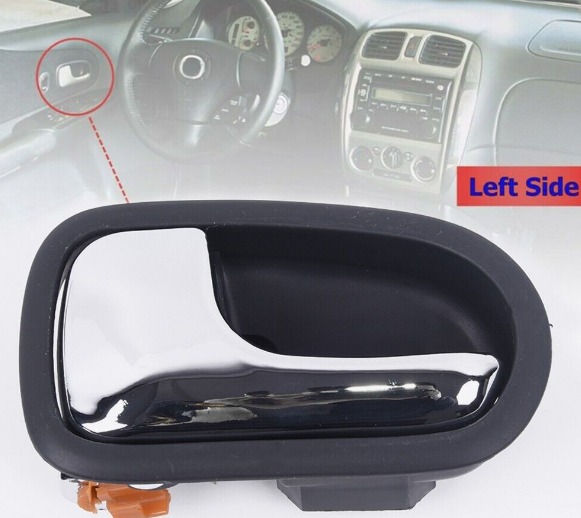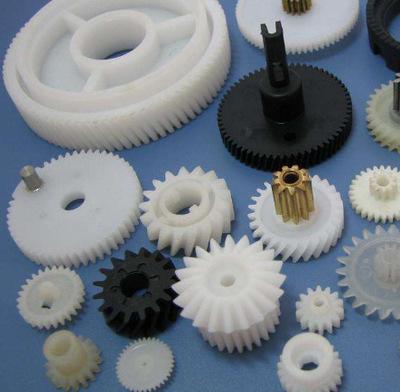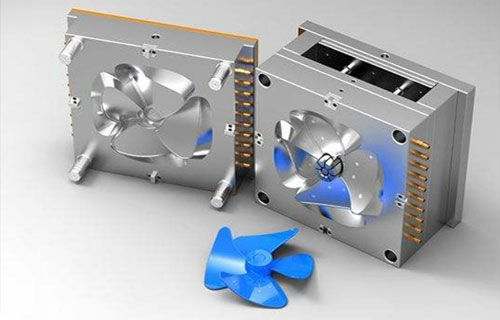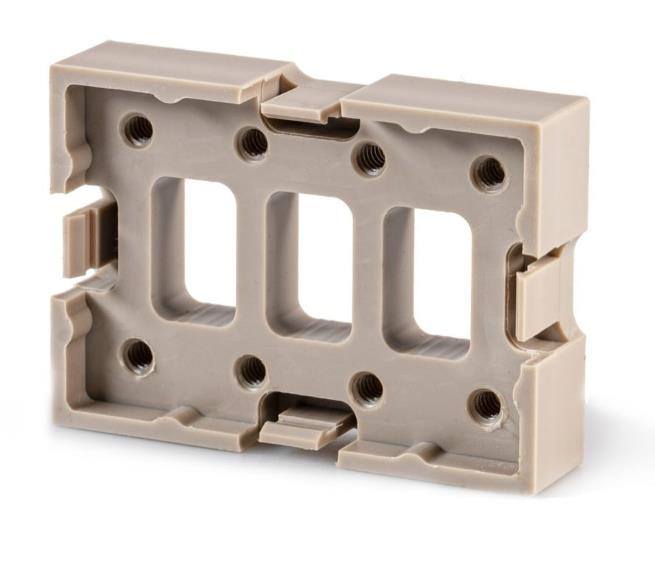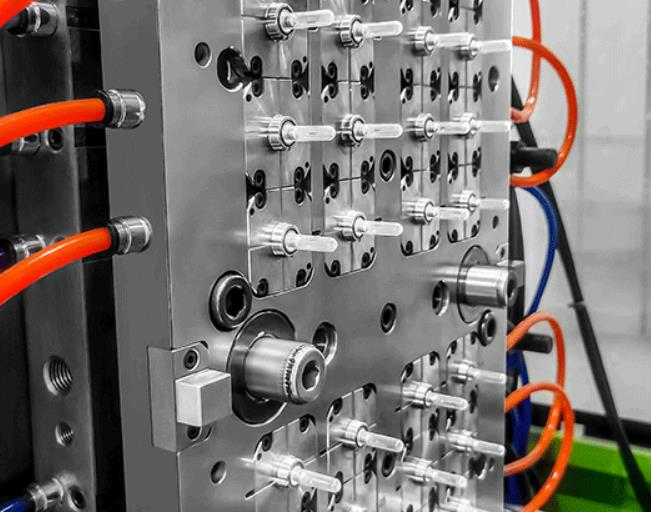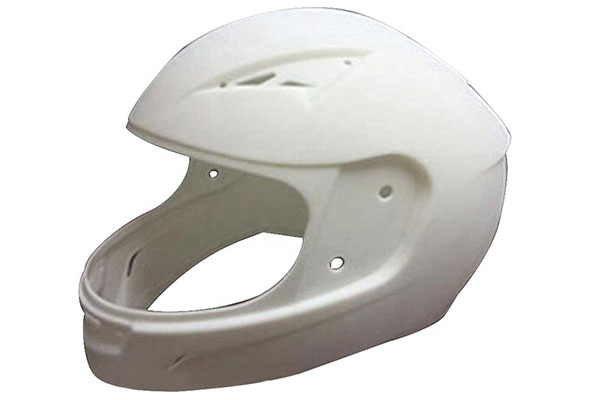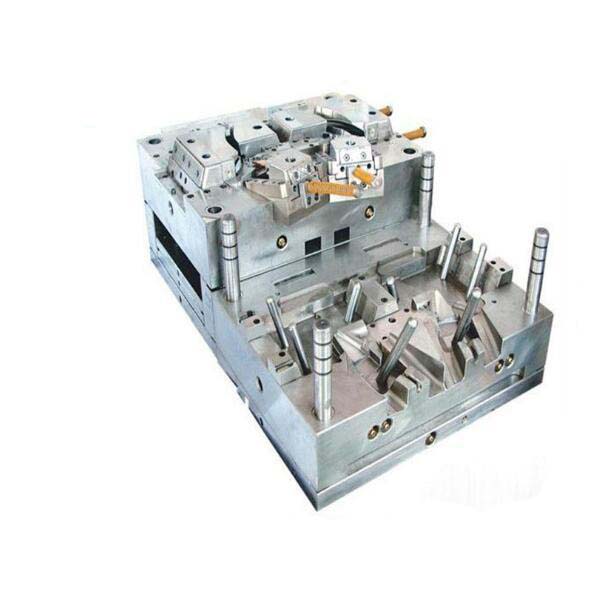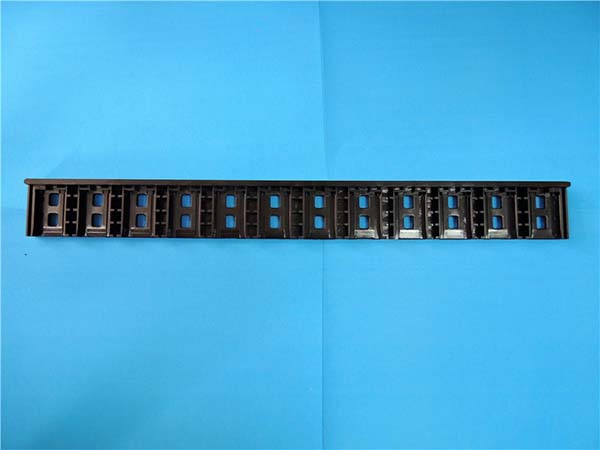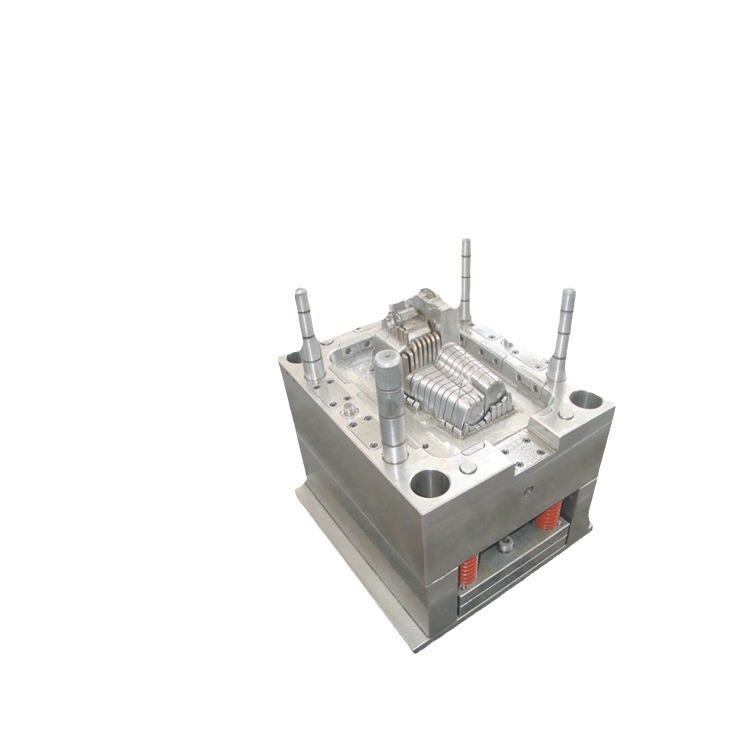Introduction
Understanding Plastic Injection Molding in the Automotive Realm
In the automotive industry, plastic injection molding has emerged as a pivotal manufacturing process, playing a significant role in vehicle production. This technique involves injecting molten plastic material into a precisely designed mold cavity, where it cools and solidifies to take on the desired shape. Once the plastic has hardened, the mold opens, and the newly formed part is ejected, ready for further processing or immediate use in automotive assembly.
The applications of plastic injection molding in automobiles are vast and diverse. From interior components such as dashboards, door panels, and seat trims to exterior elements like bumpers, grilles, and body panels, plastic injection - molded parts are everywhere. In fact, according to industry statistics, plastics now account for around 50% of the volume of a typical vehicle, although they only make up about 10 - 15% of its weight. This shift towards increased plastic usage is driven by the numerous advantages that plastic injection - molded parts offer over traditional materials like metal.
The purpose of this article is to help you, whether you are an automotive engineer, a manufacturer, or someone interested in the automotive industry, to better understand plastic injection molding in the automotive context. We will explore its processes, materials, design considerations, quality control, and environmental impact, aiming to provide solutions to common problems and offer insights to make more informed decisions.
Challenges and How to Overcome Them
1. Quality Control Hurdles
Quality control in plastic injection molding for the automotive industry is of utmost importance. One of the major issues is dimensional deviation. Automotive parts often have tight tolerance requirements. For example, a dashboard component might have a tolerance of ±0.5mm. If the injection molding process is not precisely controlled, the final part could be too large or too small, leading to problems during assembly. A study by a leading automotive research institute found that about 20% of rejected plastic injection - molded automotive parts were due to dimensional inaccuracies.
Another common defect is surface defects, such as sink marks, scratches, and warping. Sink marks occur when the plastic cools unevenly, causing a depression on the surface. This can be a major aesthetic issue, especially for visible interior and exterior parts. Scratches can happen during the ejection process or handling of the parts, while warping is often caused by uneven cooling rates or excessive internal stress.
To overcome these quality control issues, manufacturers are increasingly adopting advanced inspection equipment. 3D scanners are becoming popular, as they can quickly and accurately measure the dimensions of the molded parts. By comparing the scanned data with the original CAD model, any dimensional deviations can be detected and corrected. Additionally, implementing strict quality standards and regular inspections at every stage of the production process is crucial. From the raw material inspection to the final product inspection, each step should have clear quality - control checkpoints.
2. Material Selection Dilemmas
Material selection in plastic injection molding for automotive applications is a complex decision - making process. There are several key factors to consider. Mechanical properties are vital. For instance, parts that need to withstand high mechanical stress, like engine covers, require materials with high tensile strength and impact resistance. Polypropylene (PP) with glass fiber reinforcement is often a good choice for such applications, as it can significantly improve the mechanical properties of the base material.
Environmental resistance is another crucial aspect. Automotive parts are exposed to a wide range of environmental conditions, including temperature variations, humidity, and chemicals. Exterior parts, in particular, need to be resistant to UV radiation to prevent color fading and material degradation. Materials like acrylonitrile - butadiene - styrene (ABS) can be modified with additives to enhance its UV resistance.
When choosing a material, it's essential to match the material's properties with the specific requirements of the automotive part. For interior components where aesthetics and cost - effectiveness are important, materials like PP or low - cost ABS might be suitable. However, for high - performance parts in the engine compartment, engineering plastics such as polyamide (PA) or polyphenylene sulfide (PPS) might be necessary due to their high heat resistance and excellent mechanical properties. Conducting material testing and consulting with material suppliers can also provide valuable insights to make the right material selection.
Yigu Technology's Perspective
As a non - standard plastic metal products custom supplier, Yigu Technology brings a wealth of experience and unique advantages to plastic injection molding in the automotive industry.
Advanced Equipment: Yigu Technology is equipped with state - of - the - art injection molding machines. These machines are capable of handling a wide range of plastic materials, ensuring high - precision molding. For example, their high - pressure injection molding machines can achieve extremely accurate filling of the mold cavity, which is crucial for producing complex automotive parts with tight tolerances. This advanced equipment enables Yigu Technology to meet the high - volume production demands of the automotive industry while maintaining excellent product quality.
Professional Team: The company has a team of highly skilled engineers and technicians. These professionals have in - depth knowledge of plastic materials, injection molding processes, and automotive design requirements. They can work closely with automotive manufacturers to optimize the design of injection - molded parts. For instance, they can use computer - aided engineering (CAE) software to simulate the injection molding process, predict potential defects, and make necessary adjustments to the design before production. This proactive approach helps to reduce production costs and improve product quality.
Customized Services: Yigu Technology specializes in providing customized solutions. In the automotive industry, different vehicle models often require unique plastic parts. Whether it's a special - shaped dashboard insert or a custom - designed exterior trim, Yigu Technology can tailor its injection molding process to meet these specific needs. Their ability to handle non - standard projects sets them apart in the market, allowing automotive manufacturers to bring innovative and unique designs to life.
FAQ
1. What are the common materials used in automotive plastic injection molding?
Common materials include Acrylonitrile - Butadiene - Styrene (ABS), which offers good impact resistance, dimensional stability, and is easy to color, often used for interior parts like instrument panels. Polypropylene (PP) is lightweight, has good chemical resistance, and is cost - effective, making it suitable for parts such as bumpers and interior trims. Polycarbonate (PC) has high impact strength, excellent heat resistance, and optical properties, and is frequently used in headlight lenses. Polyamide (PA), also known as nylon, offers high mechanical strength, good wear resistance, and is often used in engine - related components.
2. How can I ensure the quality of injection - molded automotive parts?
Firstly, choose high - quality materials from reliable suppliers. Conduct material testing before production to verify their properties. Secondly, strictly control the injection molding process parameters, such as temperature, pressure, and injection speed. Use advanced process monitoring systems to detect any deviations in real - time. Thirdly, implement a rigorous inspection process. Inspect parts at various production stages, including in - process inspection and final inspection. Employ non - destructive testing methods like 3D scanning for dimensional accuracy and visual inspection for surface defects.
3. What is the approximate cost of setting up a plastic injection molding production line for automotive parts?
The cost can vary significantly. A basic small - scale production line might start from around \(100,000. This includes the cost of injection molding machines, which can range from \)30,000 - \(80,000 depending on their size and capabilities. Mold costs can be substantial, often ranging from \)10,000 - $50,000 per mold, especially for complex automotive part molds. Additionally, costs for raw material storage, quality control equipment, and factory space rental need to be considered. Larger - scale, high - volume production lines with more advanced equipment can cost several million dollars.
Conclusion
Plastic injection molding has become an indispensable part of the automotive industry. Its ability to produce high - quality, lightweight, and cost - effective parts has revolutionized vehicle manufacturing. From providing design flexibility to enabling mass production, the benefits of plastic injection molding are far - reaching.
We encourage you to further explore the world of plastic injection molding in the automotive context. Whether you are looking to improve your existing production processes, select the right materials, or ensure top - notch quality control, there is always more to learn. By staying informed and up - to - date with the latest technologies and best practices, you can overcome challenges and take full advantage of the opportunities that plastic injection molding offers.
If you have any questions or face issues related to plastic injection molding for automotive applications, remember that the knowledge and resources available can help you find solutions. Whether it's understanding material properties, optimizing the injection molding process, or ensuring environmental sustainability, there are ways to address these concerns and make your automotive plastic injection molding endeavors more successful.
